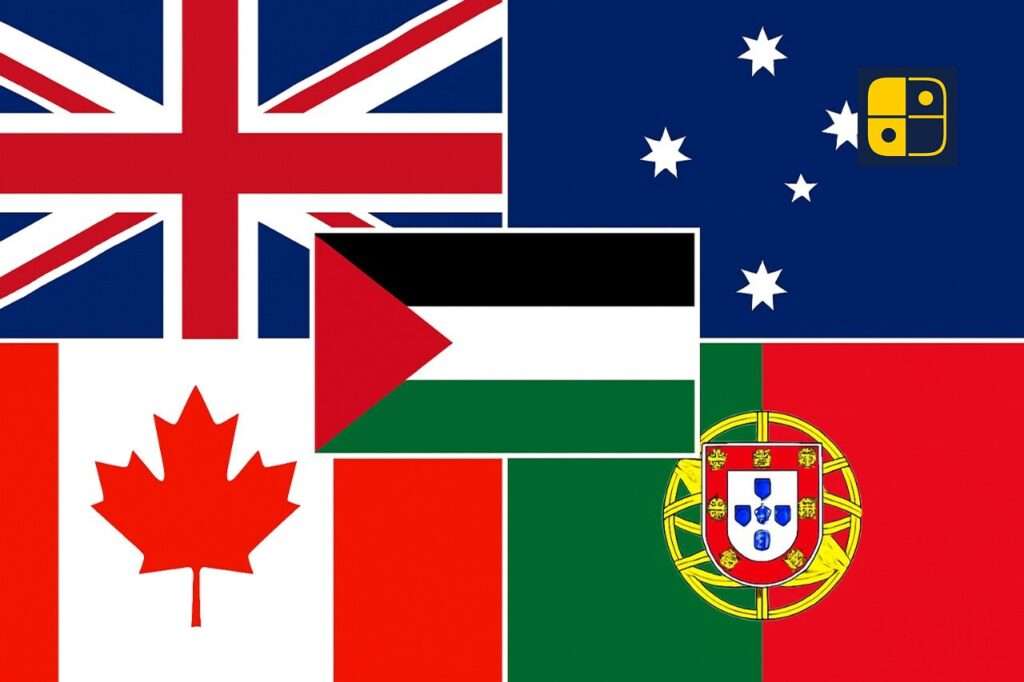In a significant geopolitical development, the UK, Canada, Australia, and Portugal recognized the State of Palestine on 21 September 2025, lifting total recognitions to nearly 150 UN members. This wave marks a profound breach in the Western consensus, as Washington’s closest allies depart from the U.S. stance of opposing unilateral recognition.
The timing is crucial. The Gaza war has left over 65,000 Palestinians dead and millions displaced, with international institutions warning of a humanitarian catastrophe. London and Ottawa justified recognition as aligning foreign policy with international law and moral accountability, while also signaling disillusionment with decades of failed peace processes.
For the United States, this represents strategic isolation. By insisting that Palestinian statehood can only emerge from negotiations with Israel, Washington risks diminishing influence in a rapidly shifting global order where even NATO partners are breaking ranks. Israel, meanwhile, faces mounting diplomatic pressure and a shrinking pool of unconditional allies. India, while not joining this latest wave, continues to support a two-state solution, balancing ties with both sides.
The broader picture is unmistakable; Palestinian recognition has moved from symbolic solidarity to structural mainstream, raising the question of when not if the remaining holdouts recalibrate.

